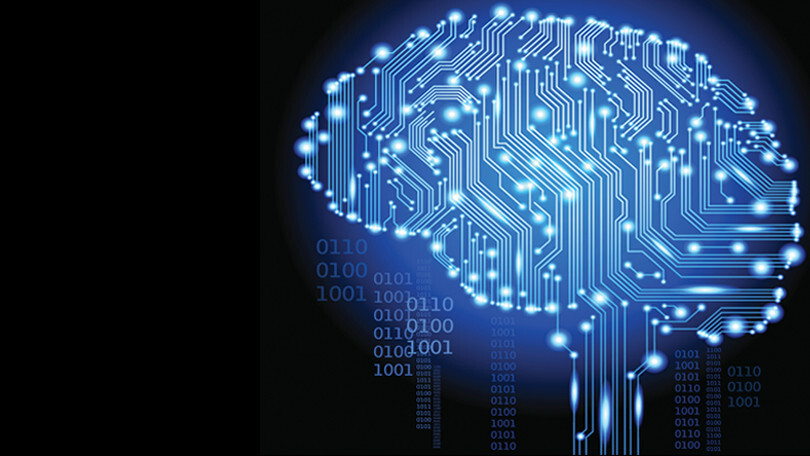
The CEO of Ford understands – at least hypothetically – his company may one day soon stop selling cars. Artificial intelligence could do away with the need for anyone to own a vehicle. The money, for companies like Ford who rely on such “hardware” sales, will come in the form of advertising deals.
Imagine you run a chain of convenience stores stretching across the country’s highways. In today’s world of human drivers you need big lights with flashy advertisements, clever billboards, and brand recognition to pull weary drivers into your parking lot. What happens when nobody is paying attention to the road?
It can be difficult to wrap your head around the idea of a world where companies don’t target advertisements for humans, but instead attempt to lure your AI. But the company that convinces Alexa it has the “best headphones on Amazon” is going to sell a lot of headphones today; nobody is using voice-search to find the 17th best anything.
In the near-future whether or not an AI-powered car stops at your greasy-spoon diner will have everything to do with where your company rates in relation to a question like “Alexa, where can I find the best cup of coffee at the next exit?” and nothing to do with how much money you spend on commercials.
Aaron Shapiro, CEO of marketing firm Huge, told Markets Insider:
As machines start to take more decisions for people it makes it harder for marketers to figure out how to enter into that equation and how to influence consumer behavior. It’s very disruptive for many companies.
AI represents a legitimate chance for humans to start undoing the blight of vandalism we’ve visited upon our planet. What if we could get rid of signs and advertisements and, as passengers, steer the world back towards its natural beauty?
Get the TNW newsletter
Get the most important tech news in your inbox each week.





